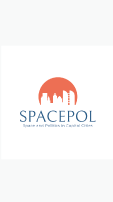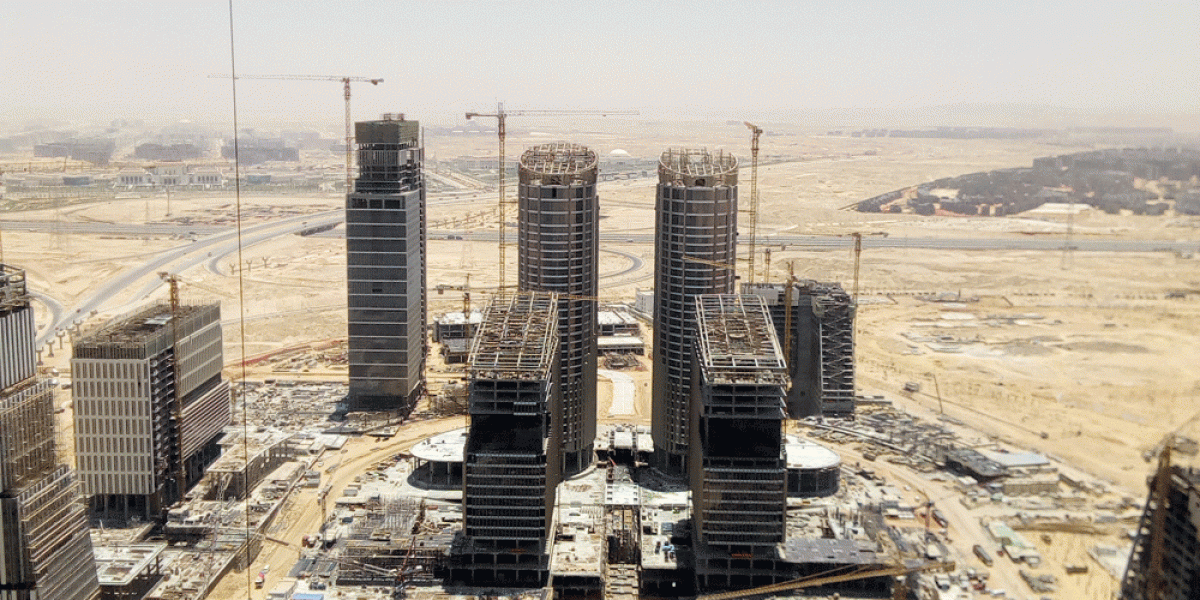This research project embarks on an international comparison of diverse capital cities to explore the role of political power and global urban governance in their creation, development, and significance. The study is guided by key questions: How are national imaginaries of capital cities shaped by the spatial arrangement of political symbols? What are the dynamics among different political actors in the conceptualization of these cities? How do socio-political and economic interactions influence capital city development?
Our primary goal is to conduct a comparative analysis of the production of capital cities across three interconnected research themes.
- The spatial imagination and conception of capital cities according to political priorities
- The influence of global urban networks and the circulation of international models in urban development and urban space.
- The reciprocal impact between urbanisation policies in capital cities and various demands from inhabitants concerning urban spaces and the environment.
The selected capital cities for examination are Ankara, Moscow, Tehran, Abu Dhabi, Astana, and Cairo, chosen due to their geopolitical significance in international relations studies but relative neglect in urban studies. The project aims to uncover the symbolic construction of space through capital cities, treating them as reflections of nation and political regime, and exploring the underlying discussions and conflicts among different actors involved.
Furthermore, the project seeks to investigate the relationship between political power and evolving capital city designs from a comparative perspective, focusing on the various actors engaged in city development. It also aims to examine different forms of international engagement by these countries through their governmental bodies and local governments in capital cities.
Special attention will be given to variations in the analysis of global governance, network governance perspectives, and their impacts at grassroots levels. The study strives to move beyond the macro-level approach to global urbanism and politics, delving into their implications at the local level and understanding the socio-political responses from city dwellers seeking to safeguard their everyday life and environment








